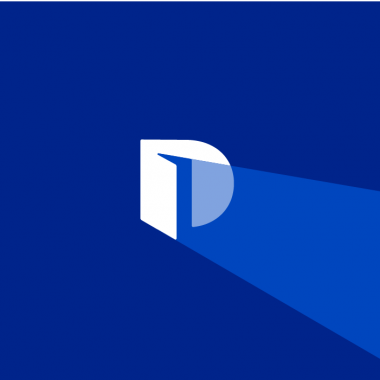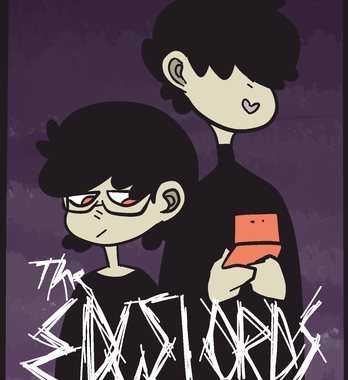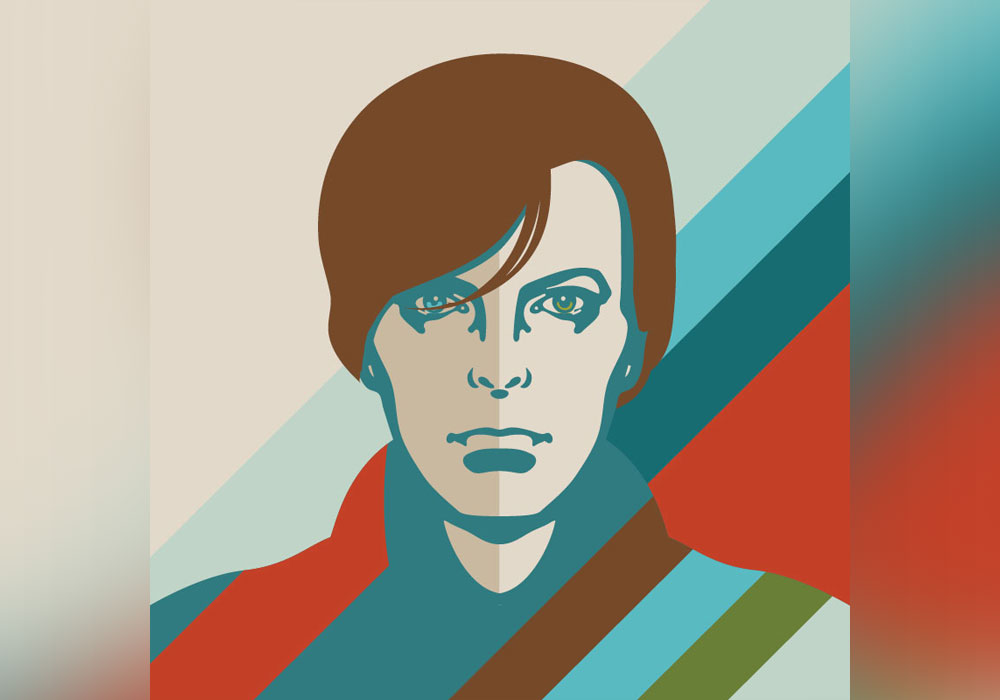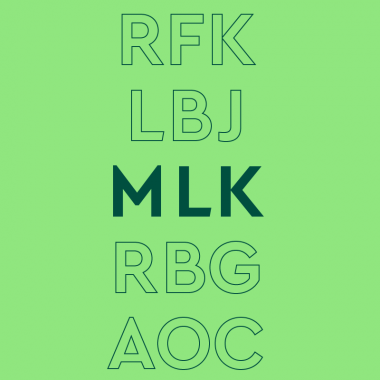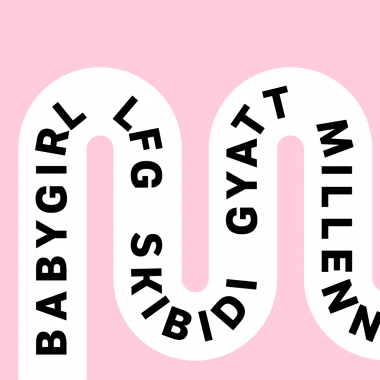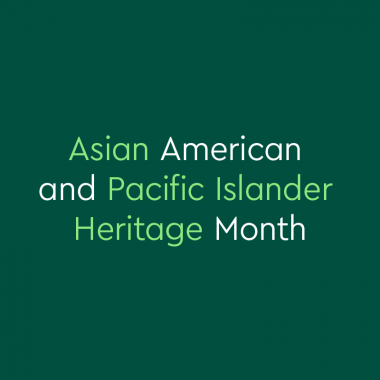English Words That Came From The Philippines
There are only two official languages in the Philippines, a nation in Southeast Asia: English and Filipino, which is a standardized form of Tagalog, a language indigenous to the islands. Over the years, Tagalog speakers have adopted countless words and expressions into their language, resulting in a unique dialect: Taglish (a combination of Tagalog and English). But the exchange has gone the other way, too. …

